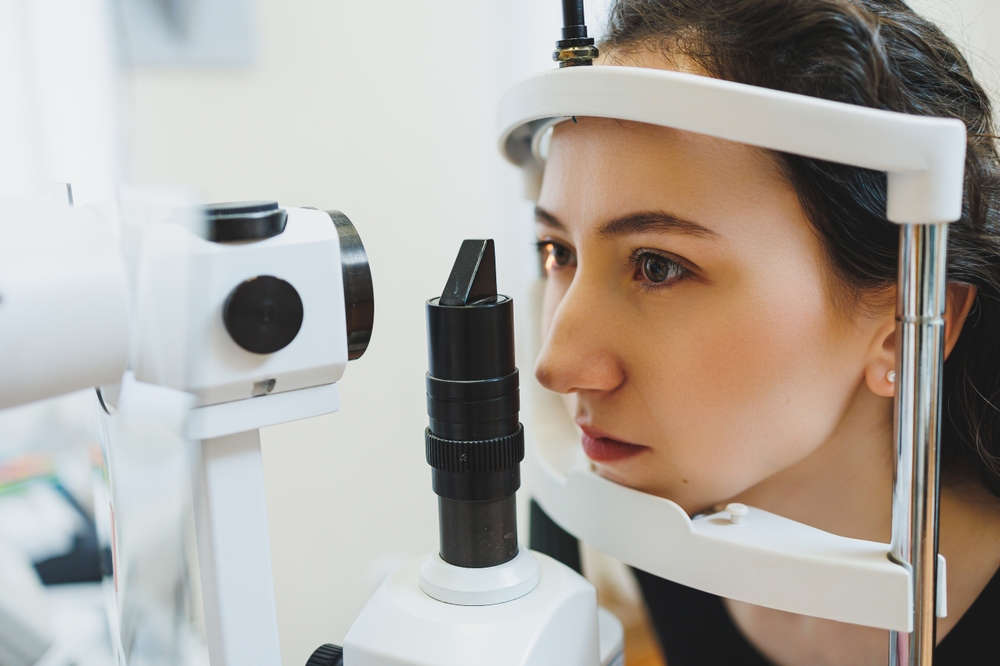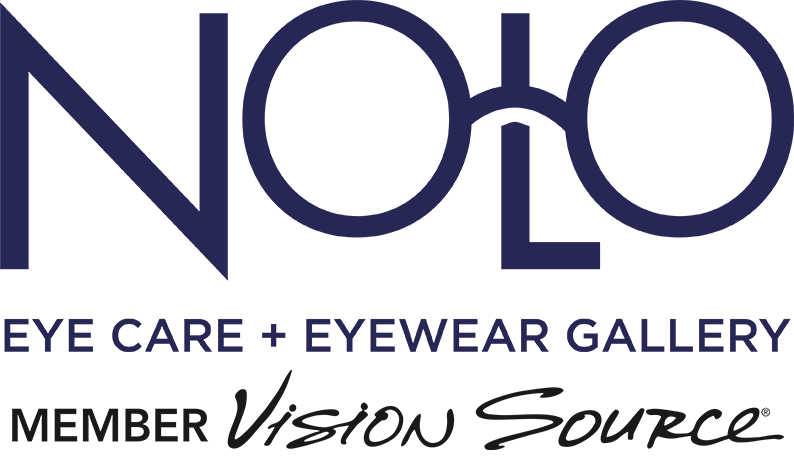
Glaucoma refers to a group of eye conditions leading to optic nerve damage, which can result in vision loss and blindness. This damage often arises from an increased pressure within your eye, which gradually erodes your vision. It's a stealthy disease, often showing no initial symptoms and causing no pain.
What Causes Glaucoma?
In a healthy eye, a certain amount of fluid is produced regularly while an equal amount flows out of the eye through a mesh-like channel. When this channel is blocked or the eye produces too much fluid, the delicate balance is disrupted, leading to pressure build-up. This pressure can damage the optic nerve, leading to glaucoma.
The exact cause of this blockage is unknown, but doctors believe it could be inherited, meaning it passes from parents to children. Other risk factors for glaucoma include high internal eye pressure (intraocular pressure), being over age 60, being of African, Asian, or Hispanic heritage, having certain medical conditions such as diabetes, heart diseases, high blood pressure, and having had an eye injury or certain types of eye surgery.
Common Symptoms of Glaucoma
Recognizing the symptoms of glaucoma is crucial in preventing irreversible damage. Unfortunately, the most common type of glaucoma, primary open-angle glaucoma, develops slowly and often without symptoms. You might not notice a change in your vision until the disease is at an advanced stage.
Symptoms of primary open-angle glaucoma include gradual loss of peripheral vision, usually in both eyes, and tunnel vision in the advanced stages. Acute angle-closure glaucoma, a less common form, includes symptoms such as severe headache, eye pain, nausea and vomiting, blurred vision, halos around lights, and eye redness.
The Importance of Early Detection of Glaucoma
Early detection of glaucoma involves regular eye examinations. These examinations should include measurements of intraocular pressure, inspection of the optic nerve, testing the visual field, and images or photographs of the optic nerve. If you have glaucoma risk factors, regular screenings can help spot the disease in its early stages before significant damage occurs.
Avoiding late-stage glaucoma isn't just about preserving your sight; it's also about maintaining your quality of life. Advanced glaucoma can make it difficult to perform everyday tasks such as reading, driving, or even recognizing faces. Early detection is the key to preventing such outcomes.
Intervention Strategies for Glaucoma
If you're diagnosed with glaucoma, early intervention is critical. This can help control the condition and slow down vision loss. The goal of any treatment is to reduce or stabilize intraocular pressure. This can be achieved through medications, laser treatment, or surgery.
Medications for glaucoma come in the form of eye drops and pills. Some cause the eye to produce less fluid, while others help fluid drain from the eye. Next, laser treatment can be used to help fluid exit the eye or eliminate fluid-blockage.
Surgery can be another viable option. There are several types of surgery for glaucoma, all aiming to increase the outflow of fluid from the eye to lower eye pressure. Each of these treatments can help slow or prevent further vision loss, but they're not a cure for glaucoma.
Protecting Your Eyesight
Glaucoma is a serious, potentially life-altering disease. But with awareness of its causes, symptoms, and the importance of early detection and intervention, you can protect your sight. Regular eye check-ups, particularly if you're at risk, are essential in spotting the disease in its early stages.
For more information on the symptoms and early intervention of glaucoma, contact Nolo Eye Care + Eyewear Gallery at our office in Nolensville, Tennessee. Please call (615) 283-7321 to schedule an appointment today.








